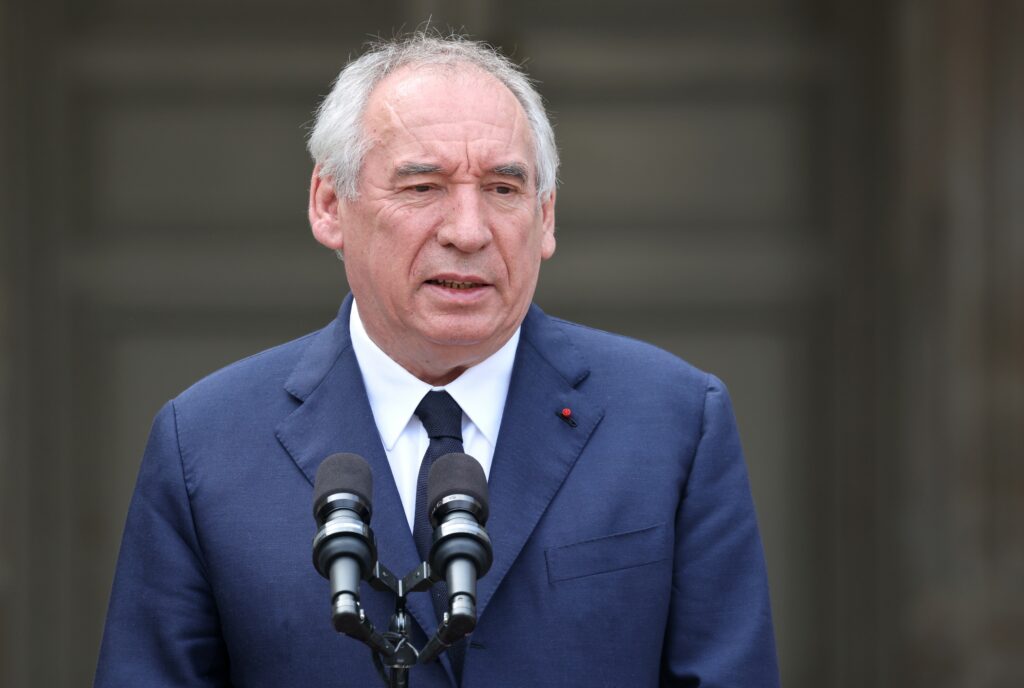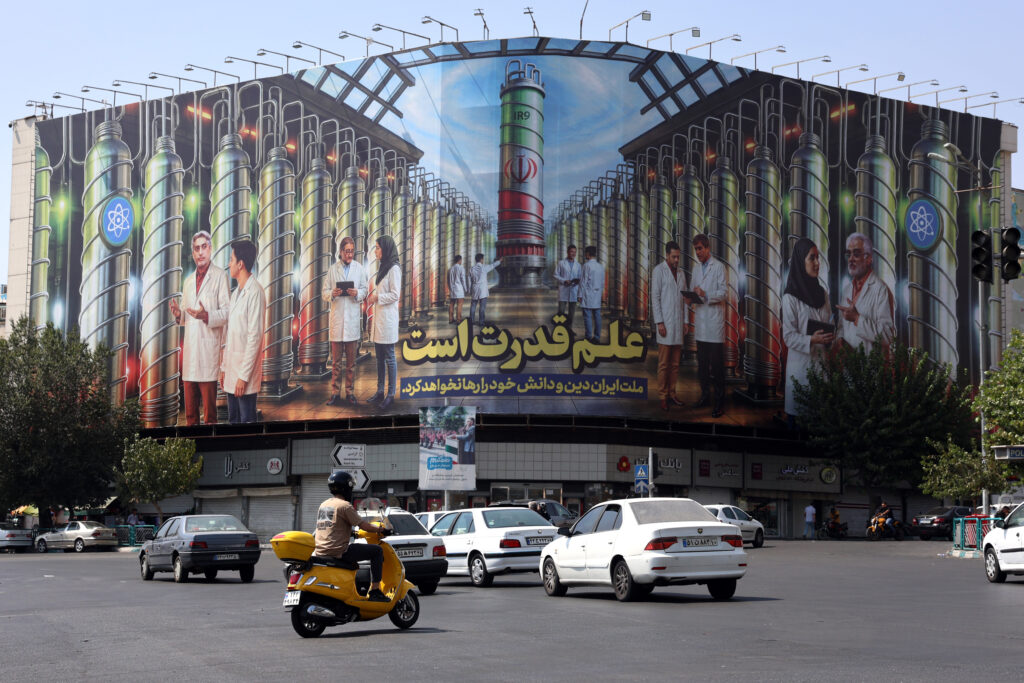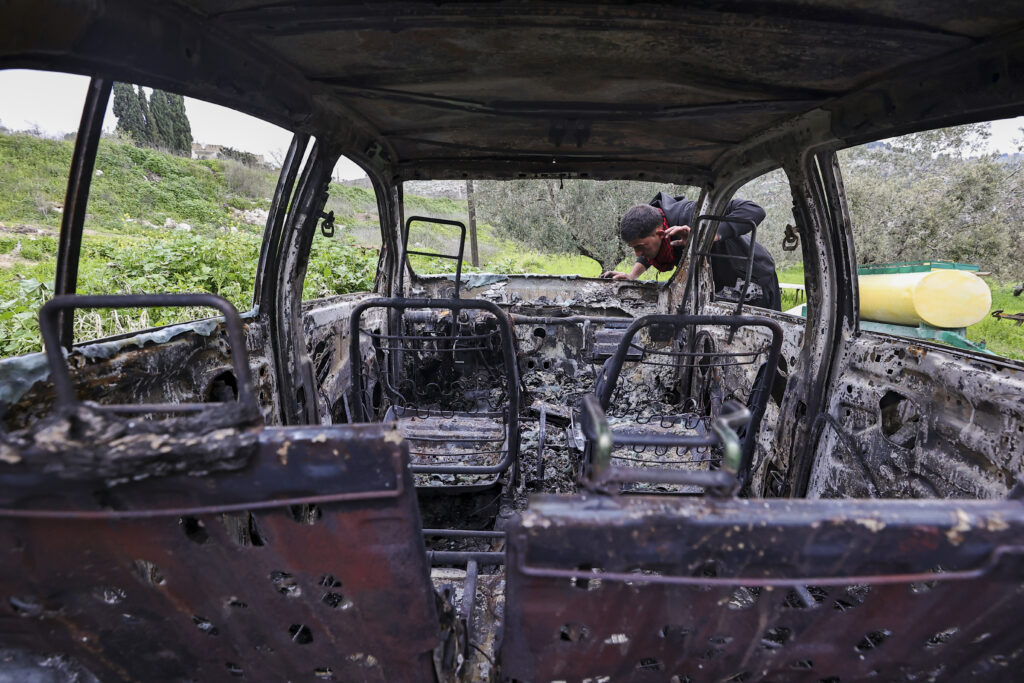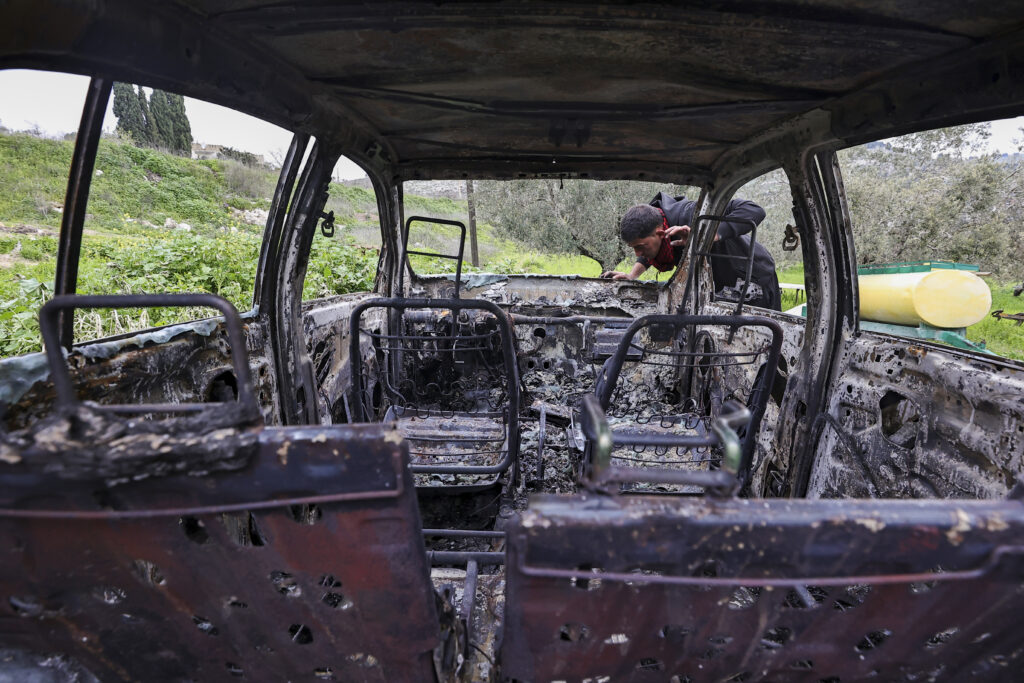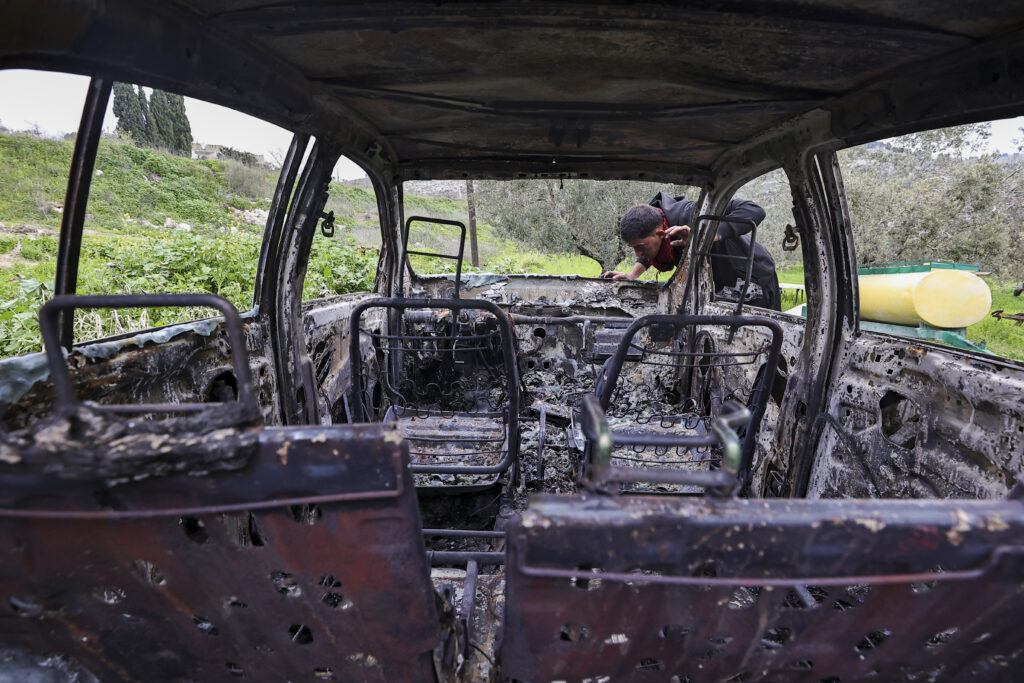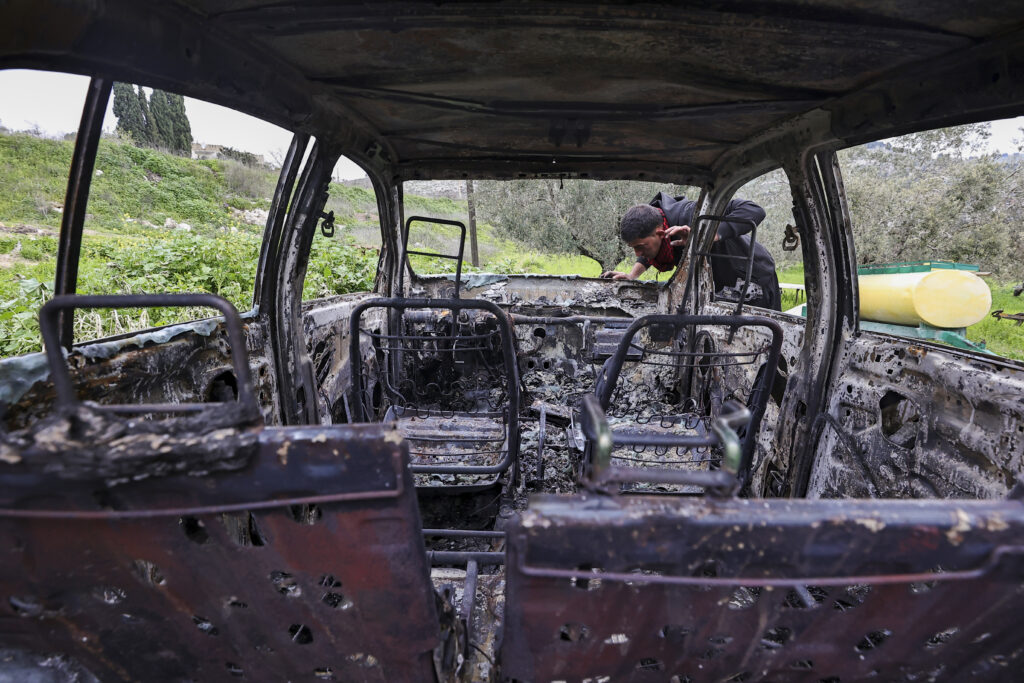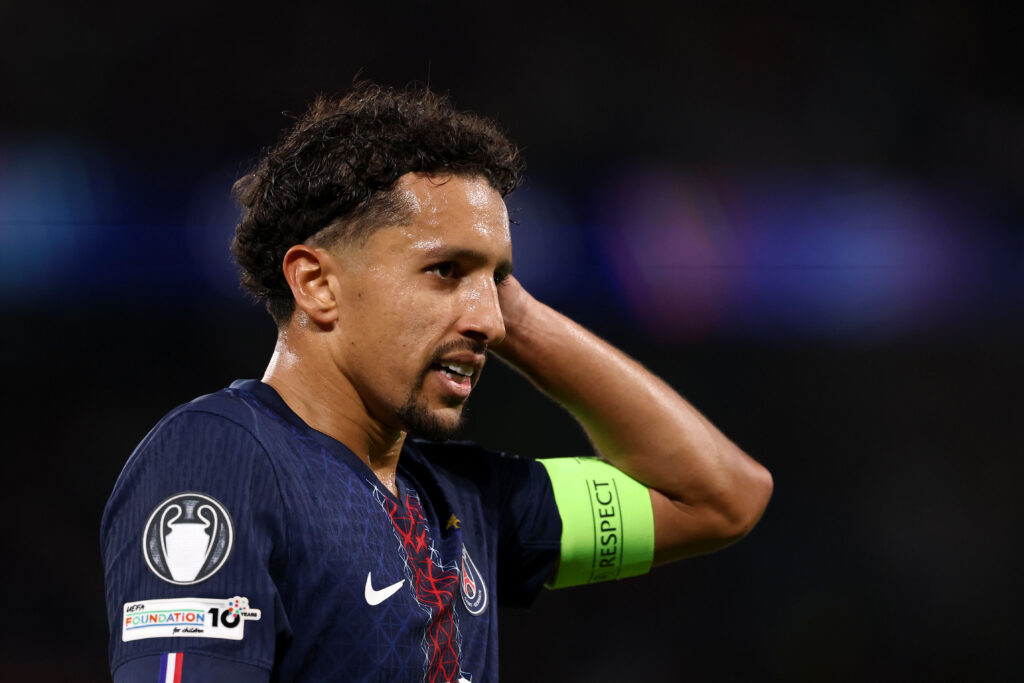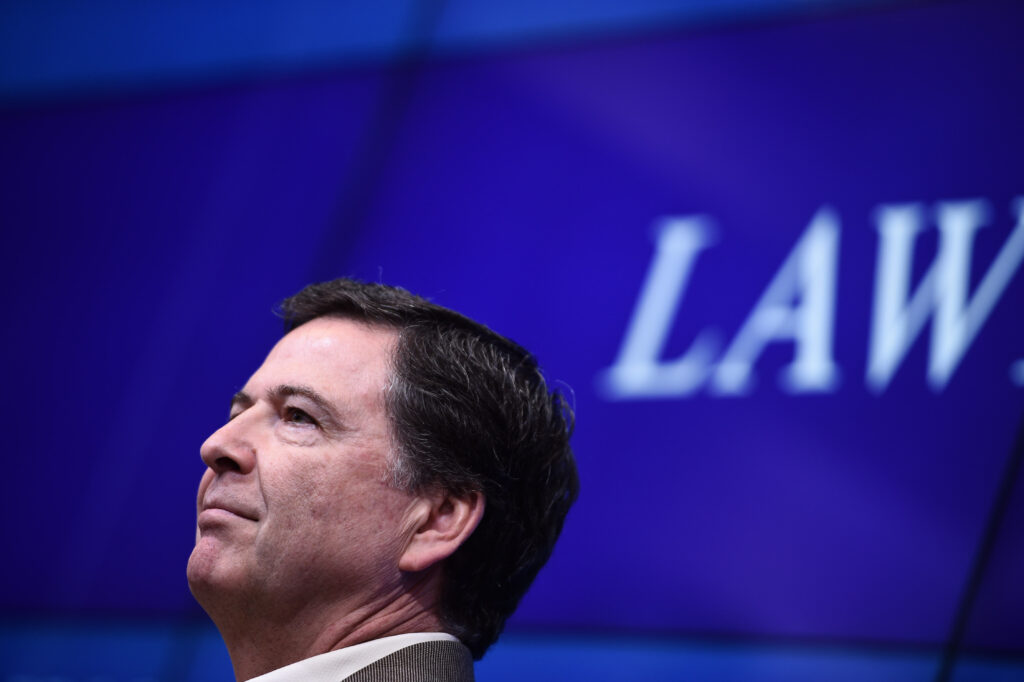Pour Bayrou et le MoDem, le retour à l’ordinaire
Comme si de rien n’était… ou presque. Trois semaines après la chute de François Bayrou, le MoDem effectue sa traditionnelle rentrée politique ce week-end dans le Vaucluse, avec l’intention de peser sur les débats budgétaires à venir.Cette année, le parti centriste a délaissé le Morbihan pour prendre ses quartiers automnaux dans un centre de vacances de L’Isle-sur-la-Sorgue (Vaucluse). Au programme, débats et conférences, carte blanche au doyen Jean-Marie Vanlerenberghe (86 ans), qui vient de quitter le Sénat, activités ludiques comme les “foulées démocrates”, un footing le samedi à 06H30 du matin.Quelques invités extérieurs – l’enseignante Delphine Girard, l’essayiste David Djaïz, l’économiste Nicolas Bouzou…- sont attendus, dont des politiques: Gabriel Attal, Renaud Muselier, Juliette Méadel, Clara Chappaz… Sollicités, Hervé Marseille et Édouard Philippe n’étaient pas disponibles. Quant au très discret Premier ministre Sébastien Lecornu, espéré vendredi soir, sa venue n’était plus au programme à l’ouverture des travaux.Programme classique, donc… A ceci près que depuis la dernière rentrée du MoDem, François Bayrou a eu le temps d’être nommé à Matignon et d’en partir à peine neuf mois plus tard, après un vote de confiance, sollicité à la surprise générale, qui s’est soldé par une réponse cinglante des députés à qui il demandait un minimum de consensus sur le constat de l’impasse budgétaire.La rentrée du parti centriste constitue donc sa première prise de parole depuis la passation de pouvoir expéditive avec son successeur à Matignon. François Bayrou s’exprimera dimanche, après une brève introduction vendredi après-midi.”La situation -je ne veux pas faire de superlatifs- est pour moi la plus grave que la France ait rencontrée depuis soixante ans”, a-t-il déclaré à cette occasion.”Un pays qui refuse officiellement, par la voie de ses parlementaires (…) de reconnaître la réalité de la situation qu’elle doit affronter et d’envisager les yeux ouverts les décisions -acceptables- qu’elle doit prendre (…), avec des institutions discutées (…) politiques et judiciaires, ce pays-là a besoin de se réinventer”, a insisté l’ancien Premier ministre.- “Mode tortue” -Quant au MoDem, “on est là pour aider. Le jour où il y aura un gouvernement, on l’aidera de toutes nos forces”, a dit M. Bayrou. Officiellement, les cadres du MoDem sont soudés derrière leur patron, qui a entièrement façonné ce parti depuis sa création en 2007. Mais “pour en avoir discuté avec quelques figures du MoDem, ils l’ont là” (en travers de la gorge), expliquait récemment une ministre d’un parti allié.”Mais ils ne l’avoueront jamais. Le MoDem a une qualité certaine de ressaisissement dans les moments difficiles. C’est assez impressionnant. Même s’ils n’ont qu’une envie, se foutre sur la gueule, ils passent en mode tortue”, poursuit cette source.Quelques-uns, cependant, admettent à demi-mot une impression de “gâchis” d’un Premier ministre ayant sollicité la confiance sans vraiment la bâtir. D’un chef qui a choisi son moment et sa manière pour sortir de Matignon, avec un nombre très restreint de proches dans la confidence.Tous nourrissent l’espoir que le temps lui donnera raison sur l’urgence budgétaire. Et le MoDem compte bien peser dans les débats en portant les thèmes qu’il défend, parfois sans succès depuis le début de l’ère Macron.Dans un entretien aux Echos, le président du groupe à l’Assemblée, Marc Fesneau, a notamment prôné l’instauration d’un “impôt sur la fortune improductive, qui ressemble à l’ancien ISF, en excluant le patrimoine utile à l’économie”.Le groupe MoDem souhaite également une “hausse limitée de la flat tax” et la pérennisation de la contribution sur les hauts revenus “jusqu’à ce que le déficit soit revenu sous les 3% du PIB”.Sera-t-il entendu ? Sébastien Lecornu a en tout cas fermé la porte vendredi soir au retour de l’ISF et à la taxe Zucman, concédant néanmoins que “certains impôts augmenteront” dans sa copie initiale du budget.François Bayrou pourrait également verser ces questions fiscales au débat. Les yeux rivés sur 2027 ? Le désormais ancien Premier ministre balaie la question. La présidentielle n’est pas en jeu. En ajoutant néanmoins, hors micros: “personne ne peut dire à ce stade comment 2027 va se passer”.
